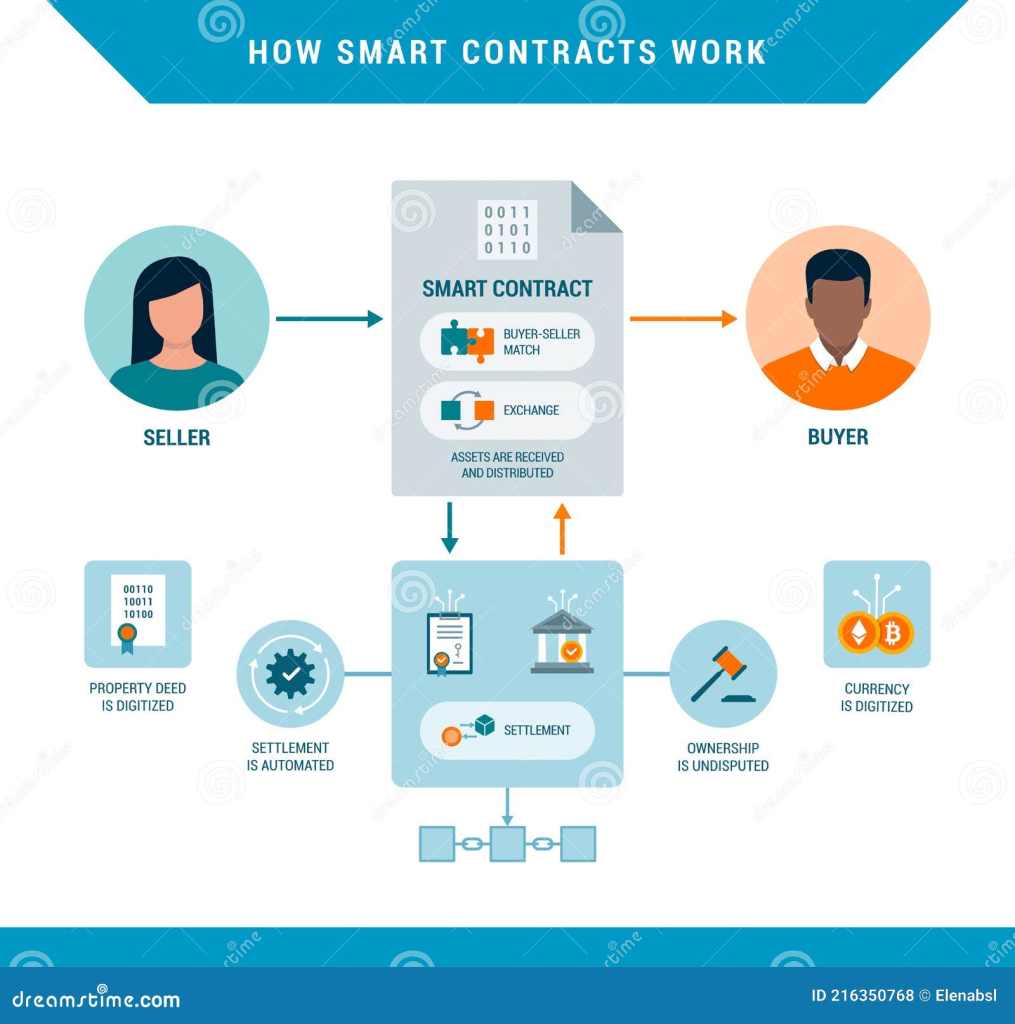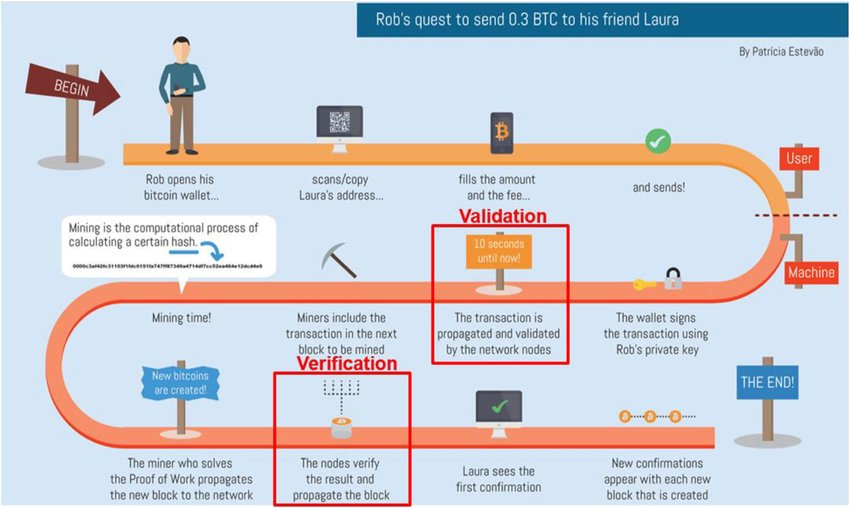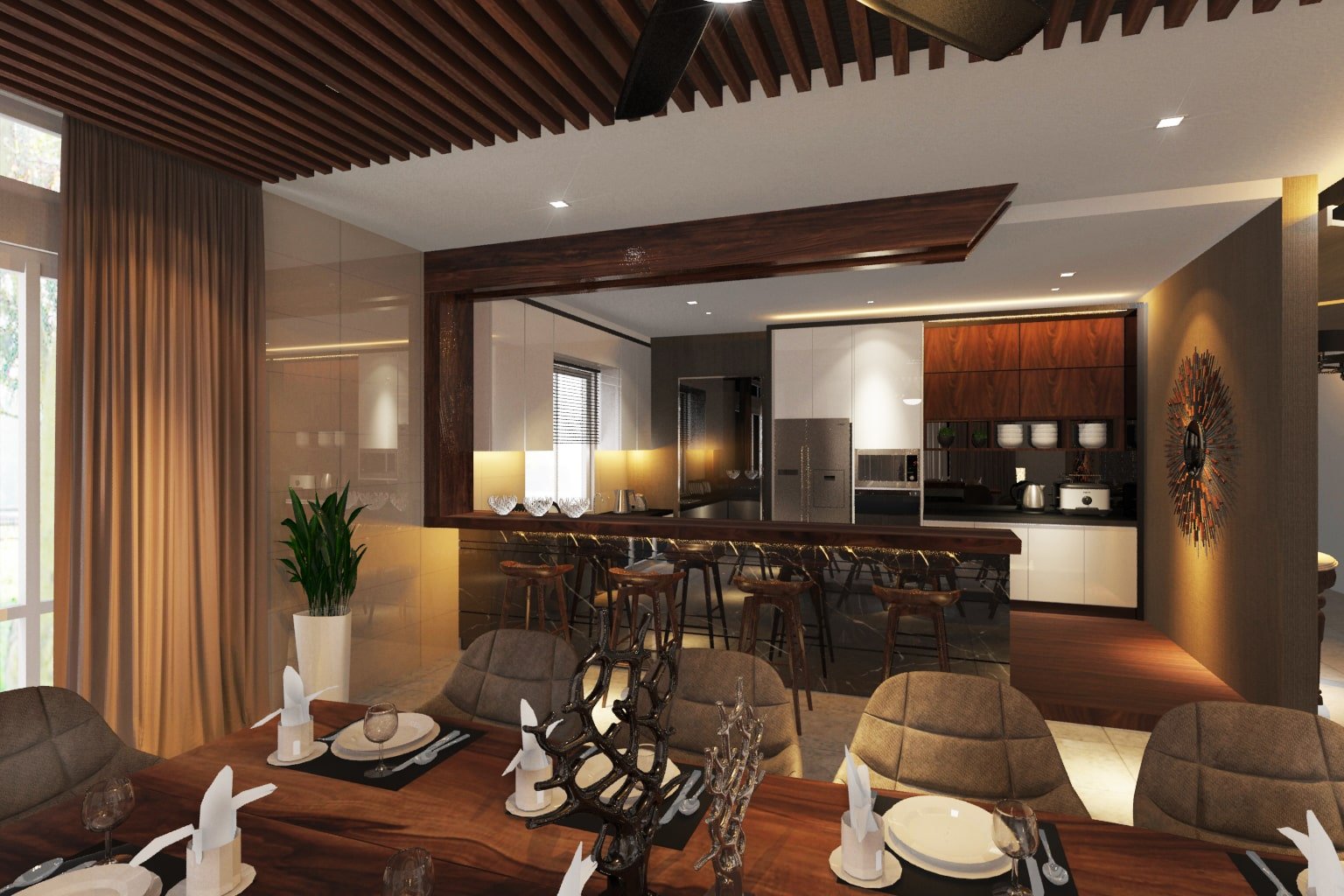Cryptocurrency in real estate is now at the forefront of this transformation. Cryptocurrency and blockchain technology are redefining the way these sectors conduct transactions.
According to Savills Research, the total value of the world’s property at the end of 2022 was $379.7 trillion. By comparison, crypto-sector market capitalization is about $1.29 trillion.
The concept of tokenizing real estate has existed for some time. The tokenization of a 6.5-million-euro villa in Boulogne, outside Paris, occurred in 2019.
They sold the first property in France through a blockchain transaction, offering one million shares for sale on the Ethereum blockchain.
You can purchase a part of the luxury villa for as little as 6.5 euros. Many people believe that this market is ripe for disruption, especially through the use of blockchain.
It promises greater security, transparency, and efficiency. This article highlights how cryptocurrency and blockchain technology enhance trust in the luxury interior design market and high-value real estate transactions.
Cryptocurrency in the Luxury Real Estate Market

Cryptography provides security for cryptocurrency, which is a form of digital or virtual currency.
As a result, the luxury interior design market is increasingly seeing it as a game-changer.
Although this industry faces its own set of challenges, characterised by high-value transactions and a need for confidentiality.
Cryptocurrencies, such as Bitcoin, Ethereum, and others, provide several advantages in this context.
Security and transparency are significant advantages of cryptocurrency. For example, Bitcoin, the first cryptocurrency in the world has these characteristics.
The blockchain records the transactions on a public ledger. This immutable record ensures that no one can alter or tamper with a transaction once it is made.
Both parties can verify the transaction history, which provides a sense of trust.
Moreover, cryptocurrency reduces the need for intermediaries. Traditional real estate transactions involve various middlemen, such as banks, lawyers, and notaries.
These intermediaries not only increase the cost but also hinder the process. Individuals can conduct direct peer-to-peer transactions using cryptocurrency, bypassing intermediaries and facilitating faster deals.
Global accessibility is another benefit. Luxury interior design often involves international clients, and cryptocurrency is borderless.
It allows transactions to occur without the complications of currency conversion and international banking fees.
The Role of Smart Contracts in the Real Estate Industry

Smart contracts add another layer of innovation as they are self-executing contracts with the terms of the agreement directly written into code.
They automate and streamline transactions in the luxury interior design market.
The contract executes itself, releasing payments or assets when certain conditions are met.
Adherence to specific design and construction milestones is crucial in this industry.
Smart contracts ensure transparency and trust by providing a mechanism for ensuring transparency and trust.
Storing the contract on the blockchain enables all parties involved to access and verify it, thereby reducing the likelihood of disputes and simplifying their resolution.
Consider a high-end interior design project where the payment is held in escrow and released only when certain design stages are completed and approved.
With a smart contract, this process becomes automated and secure.
Blockchain Technology and Real Estate
Blockchain technology plays an important part in real estate transactions, as it is the underlying technology behind cryptocurrency.
The decentralised ledger offers data storage across a network of computers instead of a single location.
The distributed system actively reduces the risk of fraud and scams, which are unfortunately prevalent in the construction and real estate industry.
The construction industry faces a major challenge with the use of fake or subpar materials, which can result in structural problems or accidents.
Blockchain technology enables the tracking and verification of the history of materials used in a construction project.
Incorporating only genuine, high-quality materials into the project ensures enhanced trust and safety.
Peer-to-Peer Transactions in Real Estate

Peer-to-peer transactions provide a refreshing change from the often complicated real estate deals.
Traditional transactions involve the participation of middlemen, which results in increased costs and sometimes confusion in communication between buyers and sellers.
Buyers and sellers directly interact in peer-to-peer transactions.
They can negotiate terms, establish the contract, and conclude the deal independently.
As a result, this fosters a more personal and trustworthy connection between the parties.
Direct interaction greatly improves the client’s experience and ensures accurate realisation of their vision in the luxury interior design market, where bespoke projects require a high degree of customization and personalization.
Building Trust in the Real Estate Industry Via Cryptocurrency

Scams and fraud cause trust issues in the construction industry. Industry players can reestablish trust by utilising blockchain and cryptocurrency.
For instance, the entire construction process, from material sourcing to the completion of each construction phase, can be recorded using blockchain technology.
Therefore, the data is tamper-proof and all stakeholders, including clients and regulators, can access it.
The construction project will proceed as agreed, ensuring transparency and authenticity.
Exploring Opportunities for Secure, Seamless Transactions

The potential for safe, hassle-free dealings in high-end interior design and property is apparent.
There is hope for a more streamlined, trustworthy, and secure financial system in the future thanks to the growing popularity of blockchain, smart contracts, and digital currencies.
However, challenges and issues arising from compliance with regulations must be overcome.
Regulations governing these new technologies are still in the process of being developed in response to the concerns raised by governments and regulatory bodies.
In conclusion, the marriage of cryptocurrency, smart contracts, and blockchain technology with luxury interior design and high-value real estate transactions holds immense promise.
These technologies not only streamline the process but also create a new standard of trust and security.
If you would like to see more high end luxury features to add to your home, check out this article here


